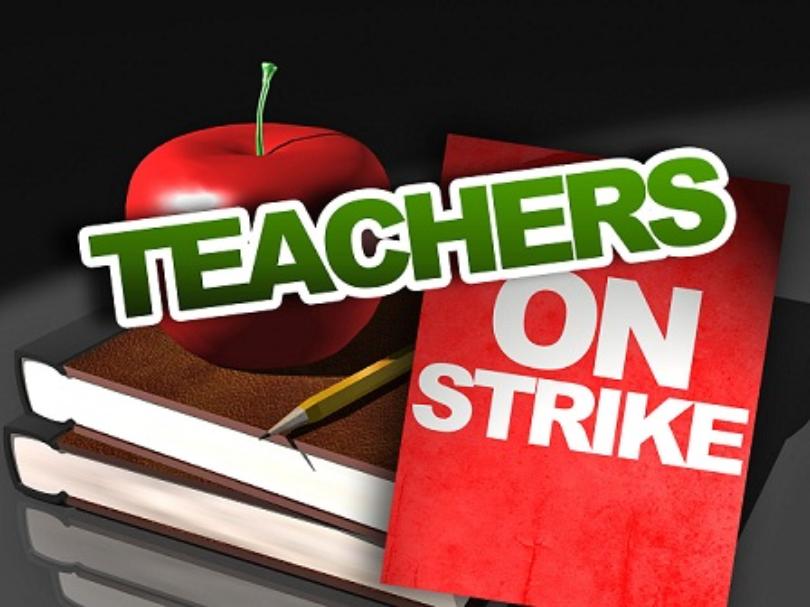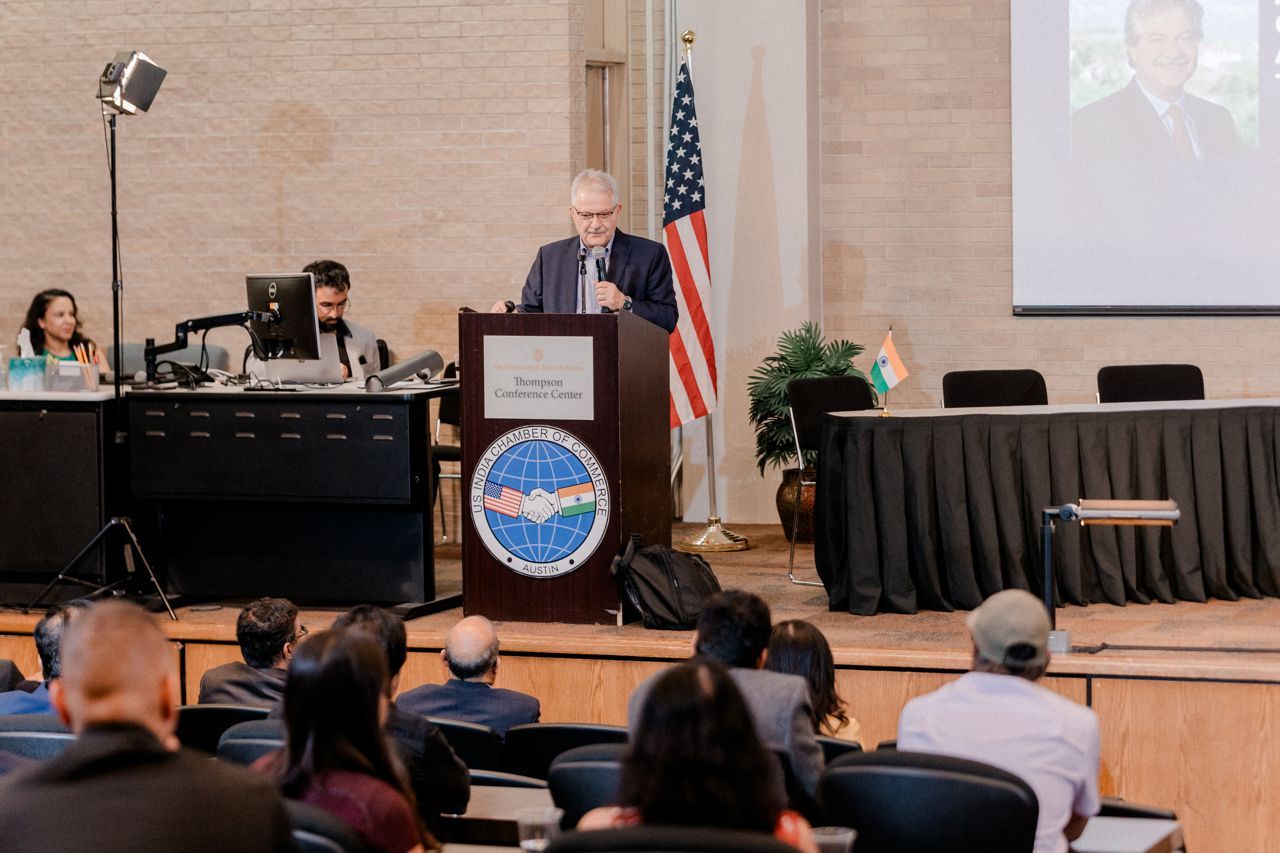Written By: William Mellor, Vice President at AngelouEconomics | What is the Economic Impact of Teacher Salaries?
Declaring that teachers are underpaid is not exactly a groundbreaking revelation. However, discontent within the teacher community has reached a fever pitch. Hundreds of thousands of teachers are on strike across the country. What started in West Virginia, has since picked up in Kentucky, Oklahoma, Arizona, and Colorado. So how did we get to our current state of affairs regarding education?
Teachers are demanding higher salaries, better working conditions, and pension protections among other things. The question is:
How do teacher salaries stack up?
- On average, teachers across the US earned an annual wage of $59,660 in 2017
- Across all occupations, US earnings on average were $50,620 in 2017
- For college educated occupations, the average annual wage jumps to $63,606
Teachers do make more than the average person, but they have also reached higher levels of education than the average person. When compared to other college educated professionals, teachers earn 6% less on average. But that’s not the real issue.
The real issue is real wages
- Real wages for teachers have fallen by 4% since 2009
- Real wages for all occupations have increased by 2% since 2009
- Real wages for college educated professionals overall has increased by 4% since 2009
Real wages are a more accurate representation of actual earnings because they factor inflation into the equation. Real wages for the economy overall have increased by 2%, creating a 6% gap for real teacher salaries. When college educated professionals are isolated, that gap widens to 8%.
What gives? Miserly taxpayers?
Not likely. It turns out that after adjusting for rising student enrollment and inflation, school district spending has increased. How much of that spending goes to teachers? Approximately the same portion of the budget over time. So, what are we missing?
Teacher pensions
If spending on schools is up and the portion going to teachers is roughly the same, shouldn’t teachers be receiving more pay? It turns out that they are, just in the form of pensions payments. So, teachers should stop complaining, right? Teachers might be making lower salaries now, but they make up for it in financial security in retirement.
Not so fast. Notice above I said pension payments, not pension benefits. Traditionally, more pension payments would mean more pension benefits, but that’s not what is happening here. Pension payments have gone up because amortization costs are rising, not normal costs. In other words, more of teacher pension payments go towards paying off past debt, rather than benefitting current teachers.
In fact, for every $10 contributed by states and districts towards pension plans, $7 dollars gets allocated toward paying down debt, while only $3 gets allocated to current teachers in the form of improved benefits.
The takeaway?
Like so many other things in our national discourse, the challenges are complex and nuanced, and the solutions are not clear. The one thing that is clear? When teachers are on strike, they are not in the classroom, which means neither are the students. If you are in a state where teachers are striking, you might be on the lookout for this.
About AngelouEconomics:
AngelouEconomics has worked with numerous professional and business associations in building dozens of unique economic impact studies among other types of projects including site selection projects as well as strategic economic development projects. Some projects have examined the effects of statewide policy measures, such as the Texas Bathroom Bill or ban on Sanctuary Cities. Other projects have measured the contribution of member networks in terms of jobs, wages, and total economic output. Like this study for Prospera, a nonprofit organization which specializes in providing bilingual assistance to Hispanic entrepreneurs in Florida. Economic impact studies are effective tools for quantifying and illustrating the value of individual professional and business associations. They are versatile, as they can illustrate the value or impact of a specific policy or quantify the economic contribution of your members to the local, regional, and nationwide economies.
Want to Learn More?
If you would like to learn more send us an email at info@angeloueconomics.com














